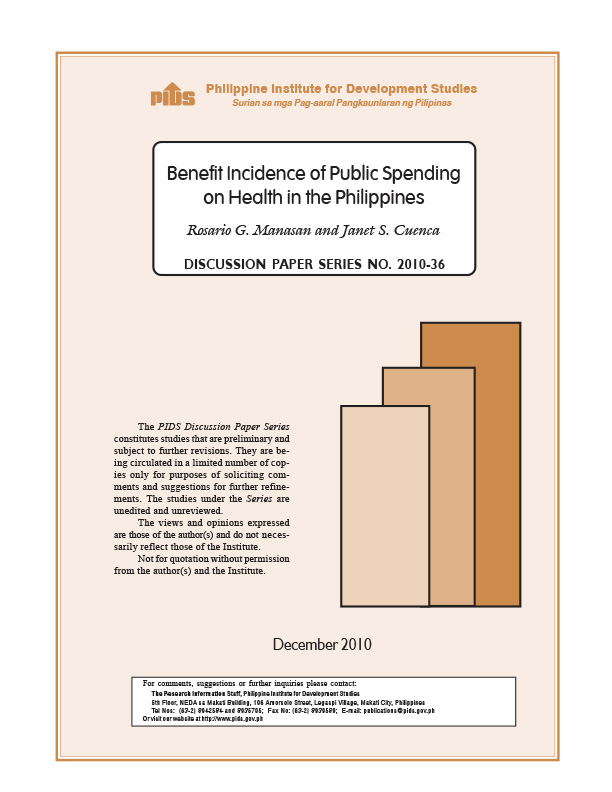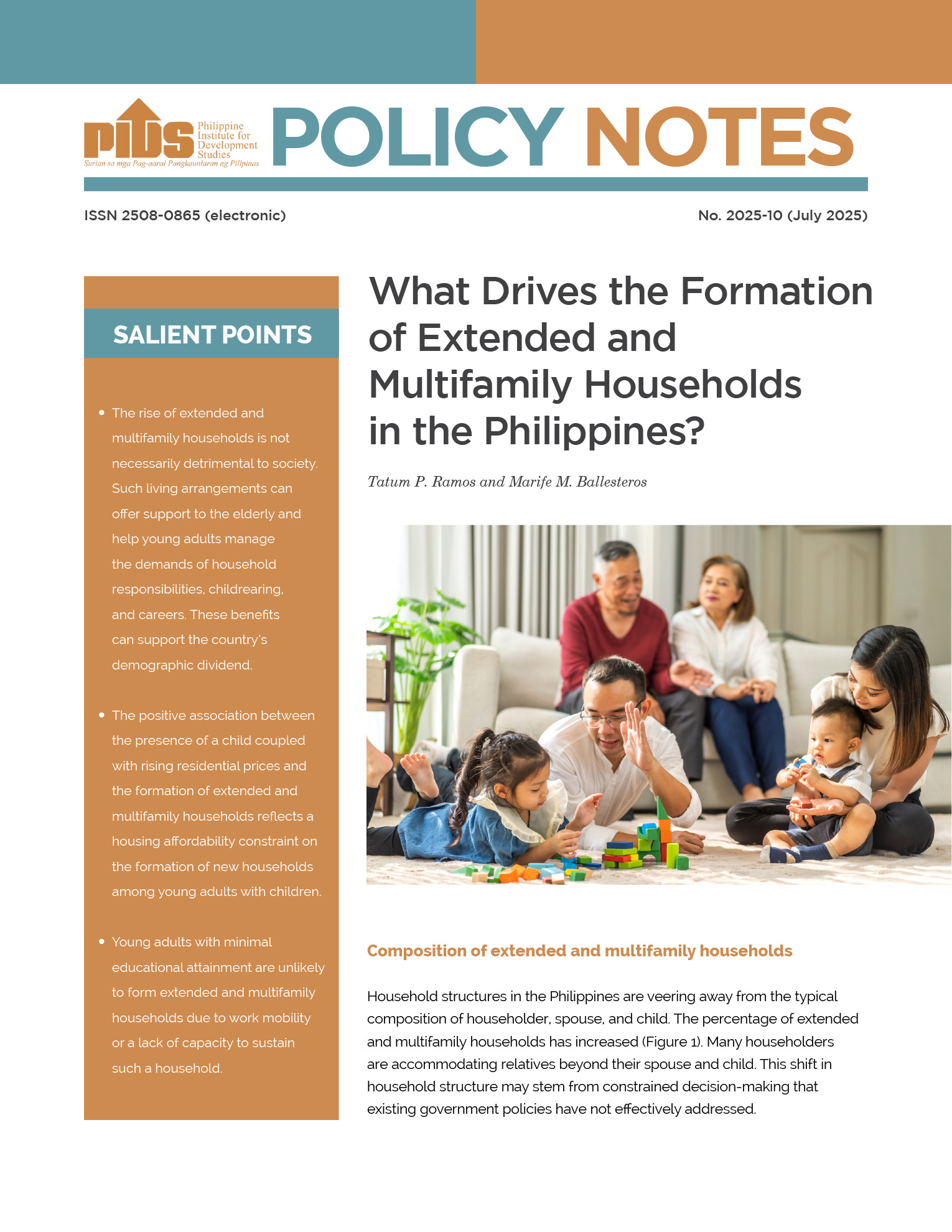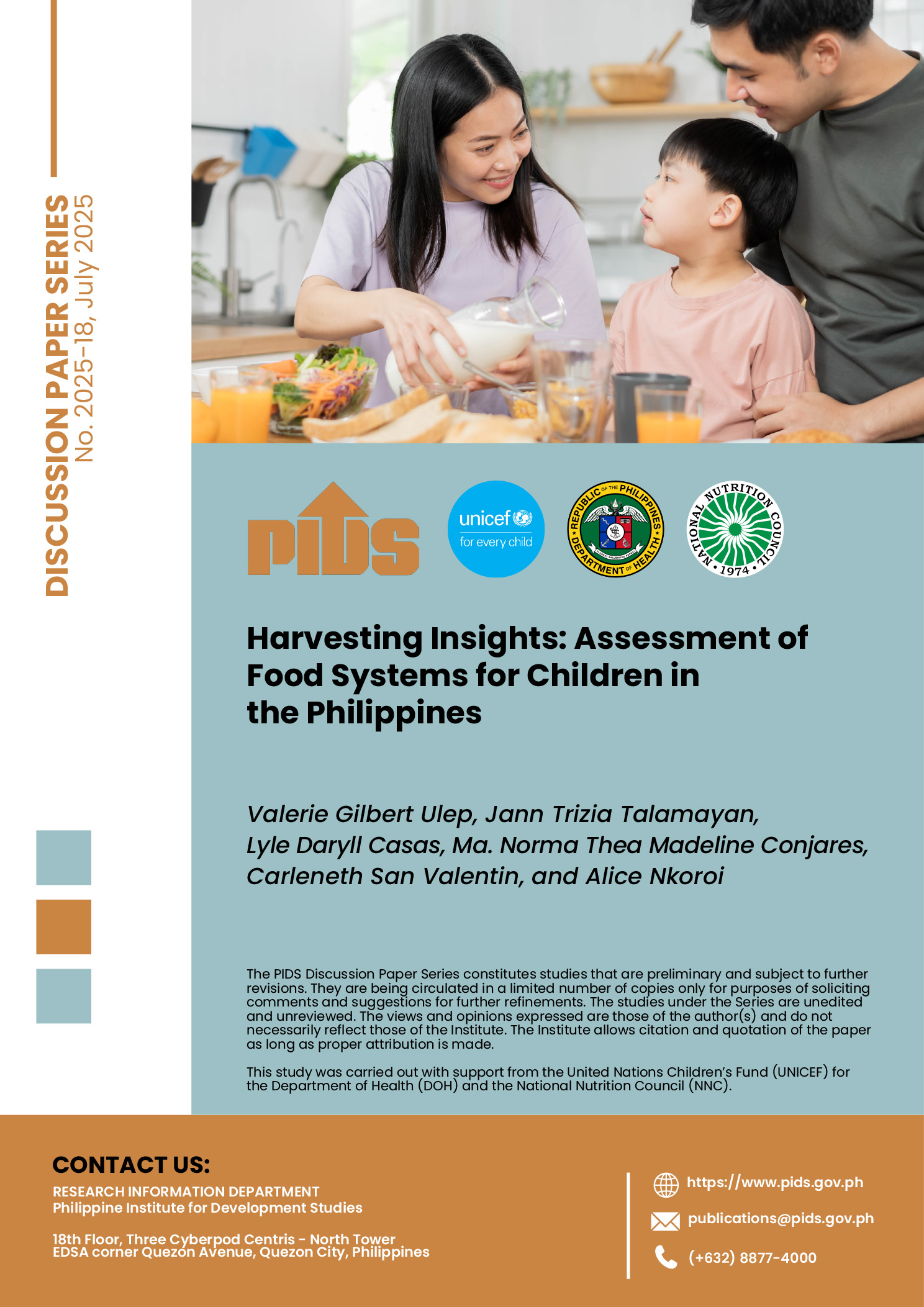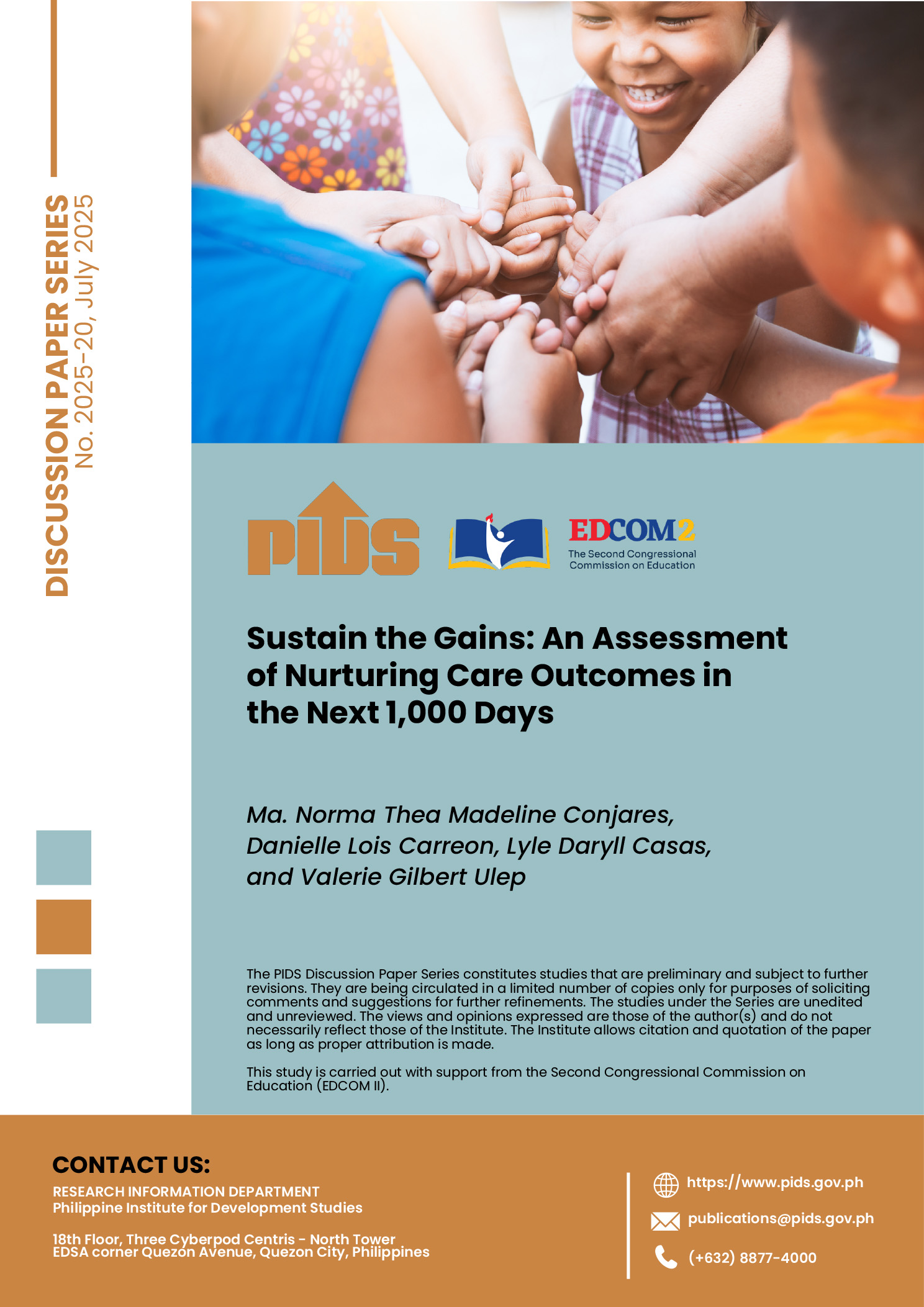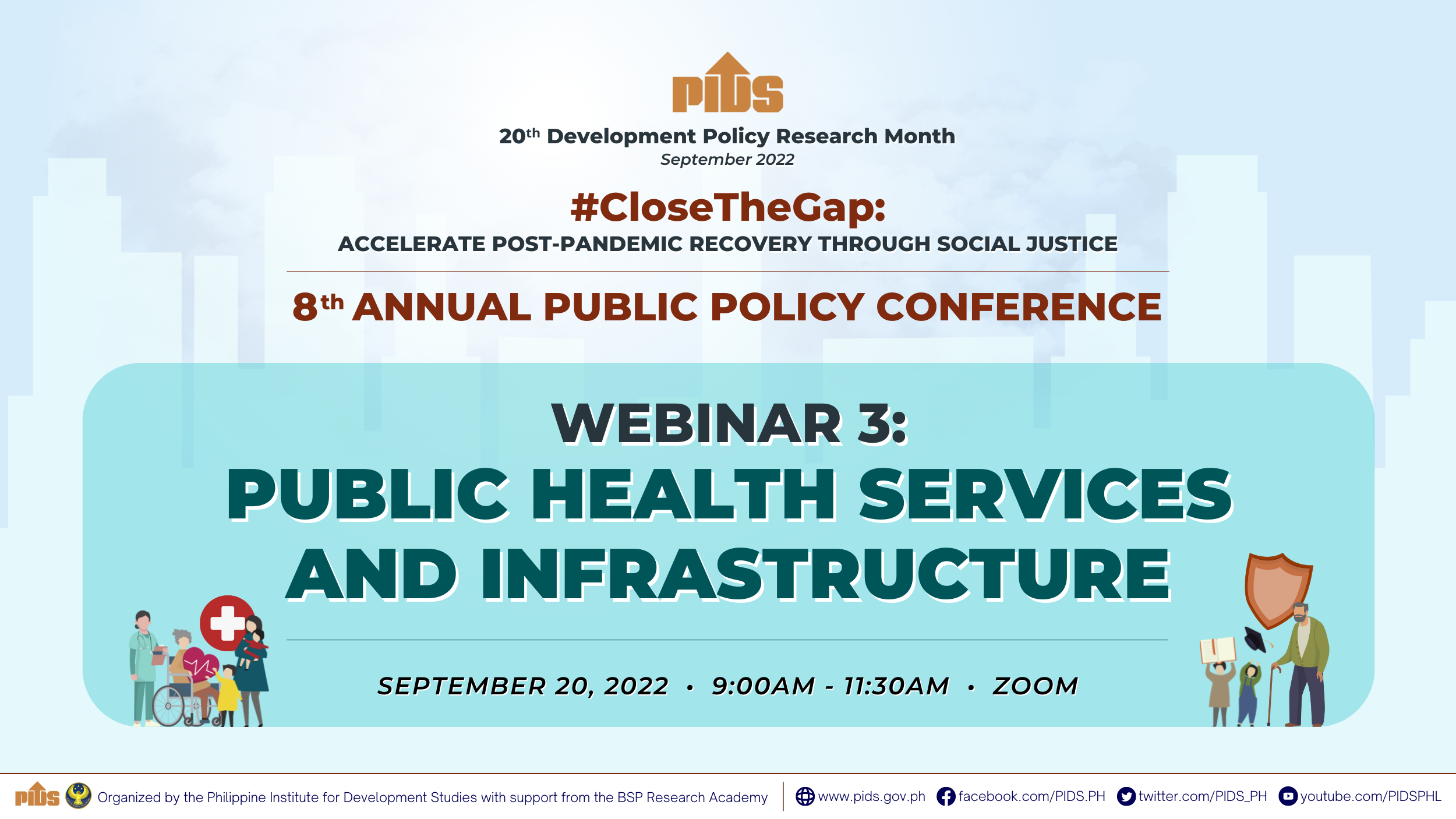Directing government subsidies to social services such as health care is expected to bring about positive external/social benefits and improve equity in access to health services. In general, government spending on health is envisioned to improve the well-being of beneficiaries and enhance their capability to earn income in the future. Given this perspective, the question that this paper addresses is: to what extent have the poor benefited from publicly provided health services? In particular, it attempts to assess whether government expenditure on health sector had a redistributive impact by making use of benefit incidence analysis.

